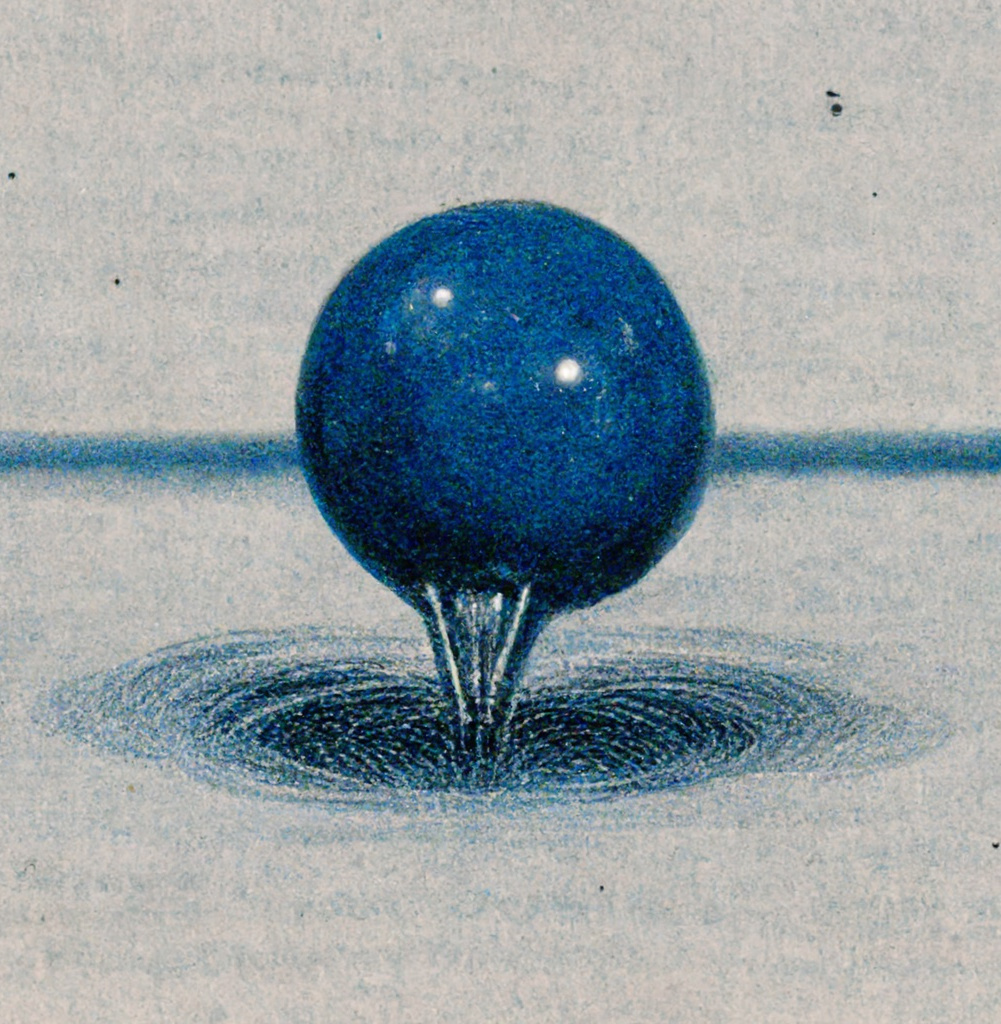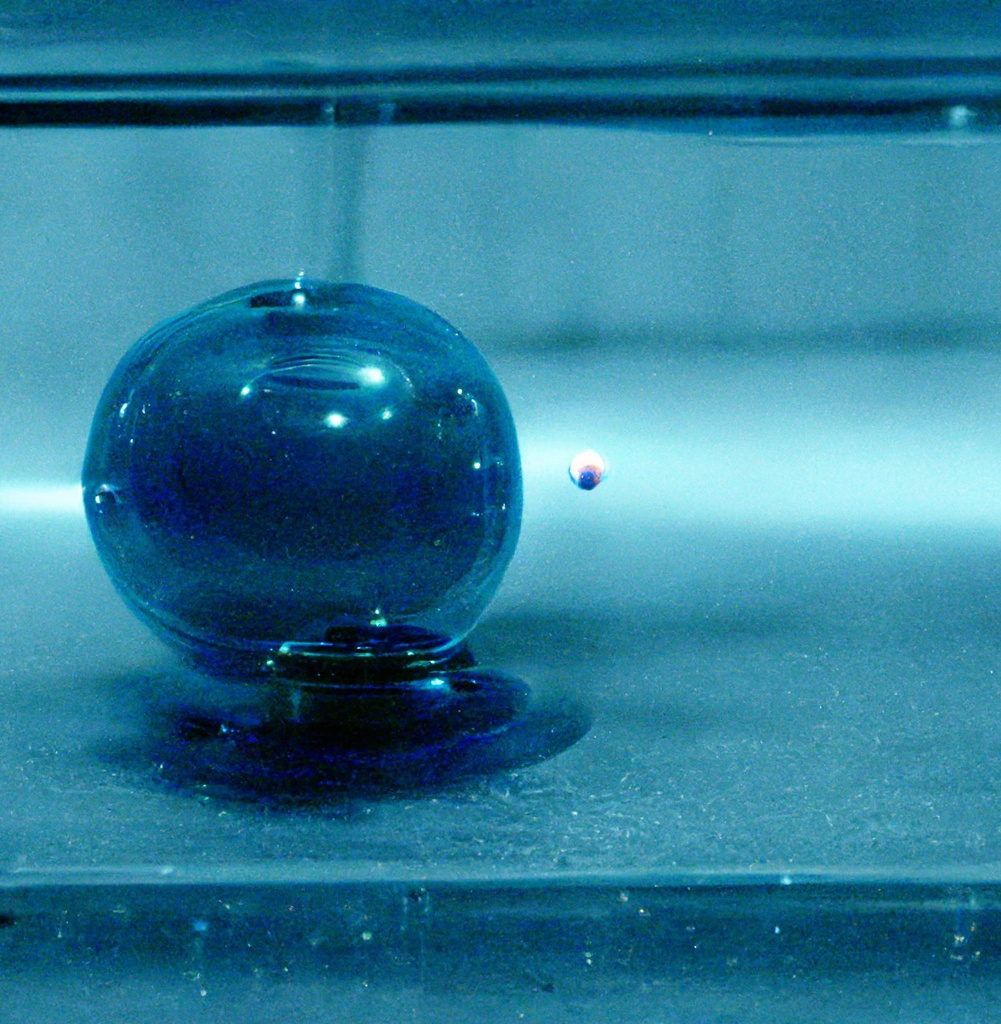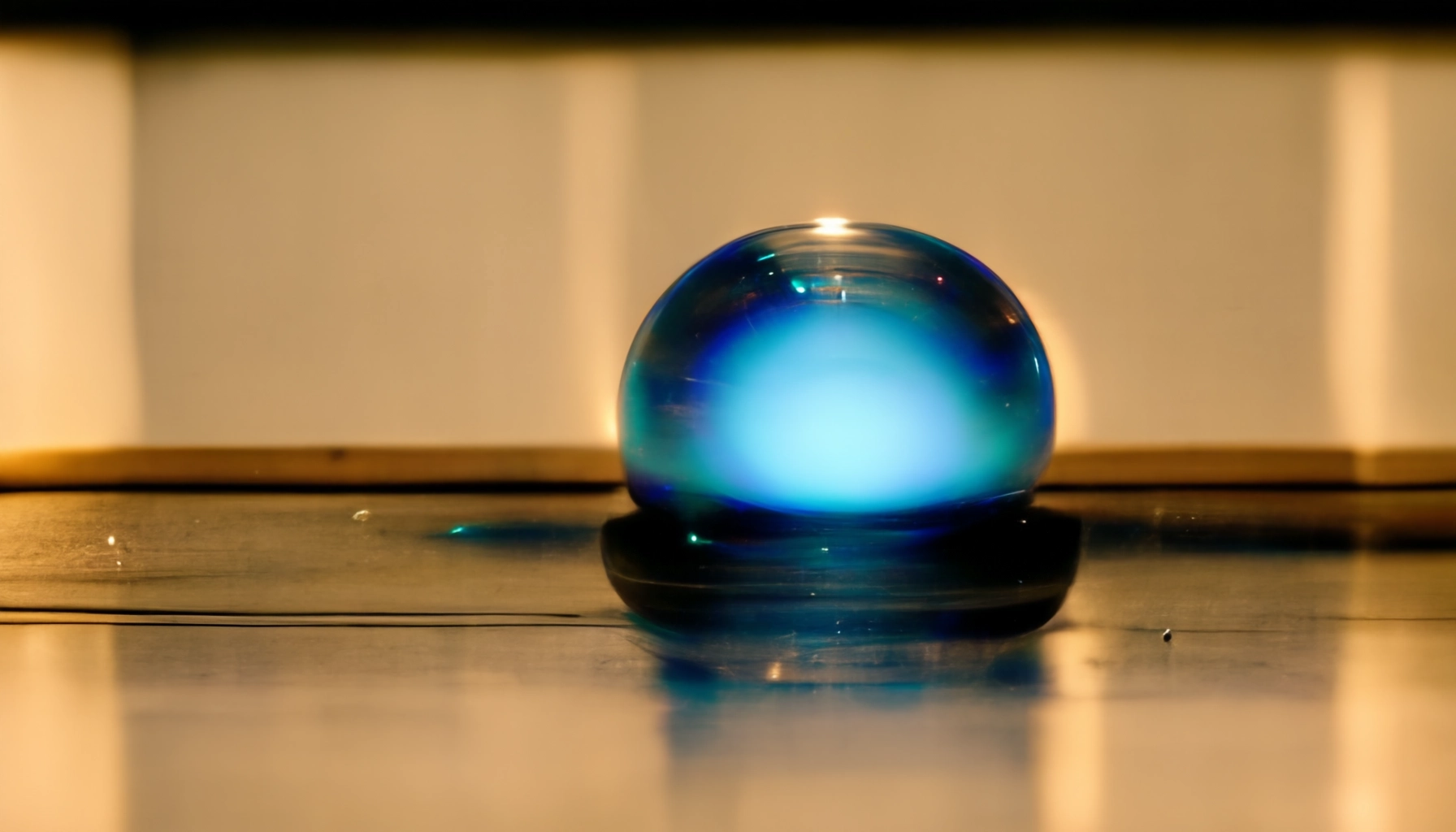General objectives
The overarching goal of QuCoM is to demonstrate the ultra-precise sensing and metrology of extremely weak forces through levitated opto- and magneto-mechanical devices. By focusing on the centre-of-mass and rotational degrees of freedom of optically or magnetically levitated particles, we will access the so far unexplored regime where gravity and quantum mechanics coexist and affect the dynamics of a physical system.


1st Research Objective
Quantum control of levitated opto/magneto- mechanics
The crucial line of research is to understand how quantum states of matter can be prepared with the help of light and magnetic manipulation. Our research goal is to expand the quantum control capabilities of quantum systems, such as to generate entanglement or superposition, to opto/magneto mechanical systems in the mass range of 10 -18kg to 10 -12kg. We will use methods based on continuous weak measurement.
2nd Research Objective
Gravity and quantum systems
The goal is to perform new experimental studies which
probe gravity in a regime previously not reached. Apart from the technological relevance for building more sophisticated sensors, such experiments will also pave the way to study the interplay between quantum mechanics and gravity with quantum opto/magneto-mechanics systems much more massive than atoms. We focus on table-top experiments of Newtonian and post-Newtonian effects in quantum systems, the Schrödinger-Newton equation and gravity induced collapse effects. Theoretical research has shown that at least some of these models can be tested much before the Planck scale (2×10-8kg), in the mesoscopic regime, with table-top experiments, although this requires preparing genuine quantum states of massive systems. If any of those universal collapse effects exist, they may pose constraints on any quantum technology utilizing macroscopic quantum systems.

